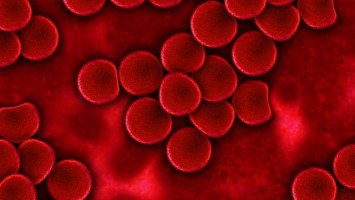
On behalf of the ELOQUENT-2 investigators, Dr Dimopoulos presented the positive results on Elotuzumab with Lenalidomide from a phase III study in patients with multiple myeloma at EHA 2015.
ELOQUENT-2, which evaluated elotuzumab in combination with lenalidomide and dexamethasone, is the first Phase III study to demonstrate the benefit of directly activating the immune system in the treatment of patients with relapsed or refractory multiple myeloma.
It is believed that elotuzumab works through a dual mechanism of action: binding to Signalling Lymphocyte Activation Molecule (SLAMF7) on Natural Killer (NK) cells, directly activating them as well as binding to SLAMF7 on myeloma cells, flagging them for NK cell recognition and destruction.
The study met its co-primary endpoints demonstrating superior progression-free survival (PFS), as assessed by hazard ratio, and Overall Response Rate (ORR).
Findings from the elotuzumab arm showed a 30% reduction in the risk of disease progression or death, with benefits sustained at two years (2-year PFS rate of 41% in the ELd arm versus 27% in the Ld arm.)
Additionally, a consistent benefit was observed across all key subgroups and minimal incremental toxicity observed with the addition of elotuzumab to standard treatment.
These data confirm the unique mechanism of elotuzumab new target (SLAMF7) as being important in the management of multiple myeloma.
Watch the press conference for more information.
Source: EHA